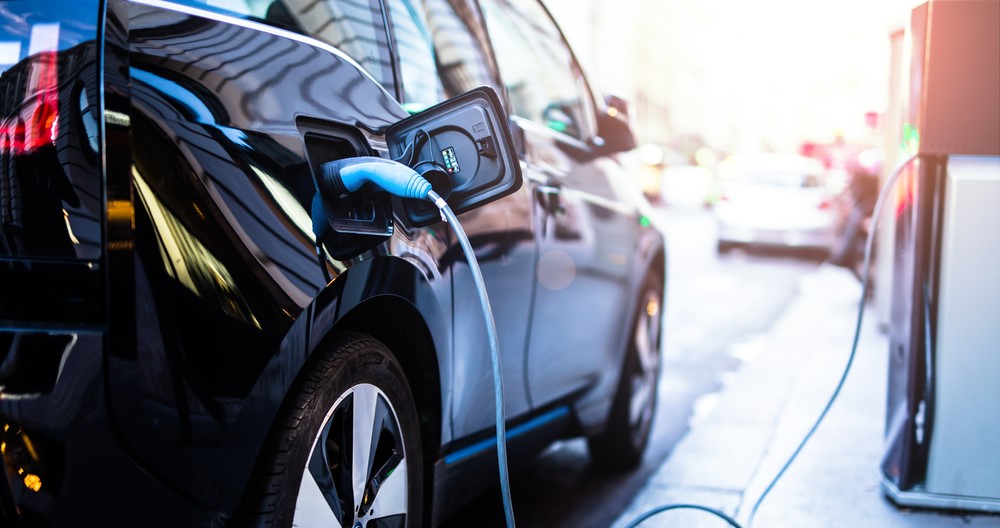This article was updated on January 18, 2024
At Kunes Auto Group, we know that choosing the right eco-friendly vehicle can be a challenge. With so many electric vehicles (EVs), plug-in hybrid electric vehicles (PHEVs), and traditional hybrids on the market, it's essential to understand the differences between them and their maintenance requirements. In this blog, we'll guide you through the key factors to help you make the best choice for your needs.
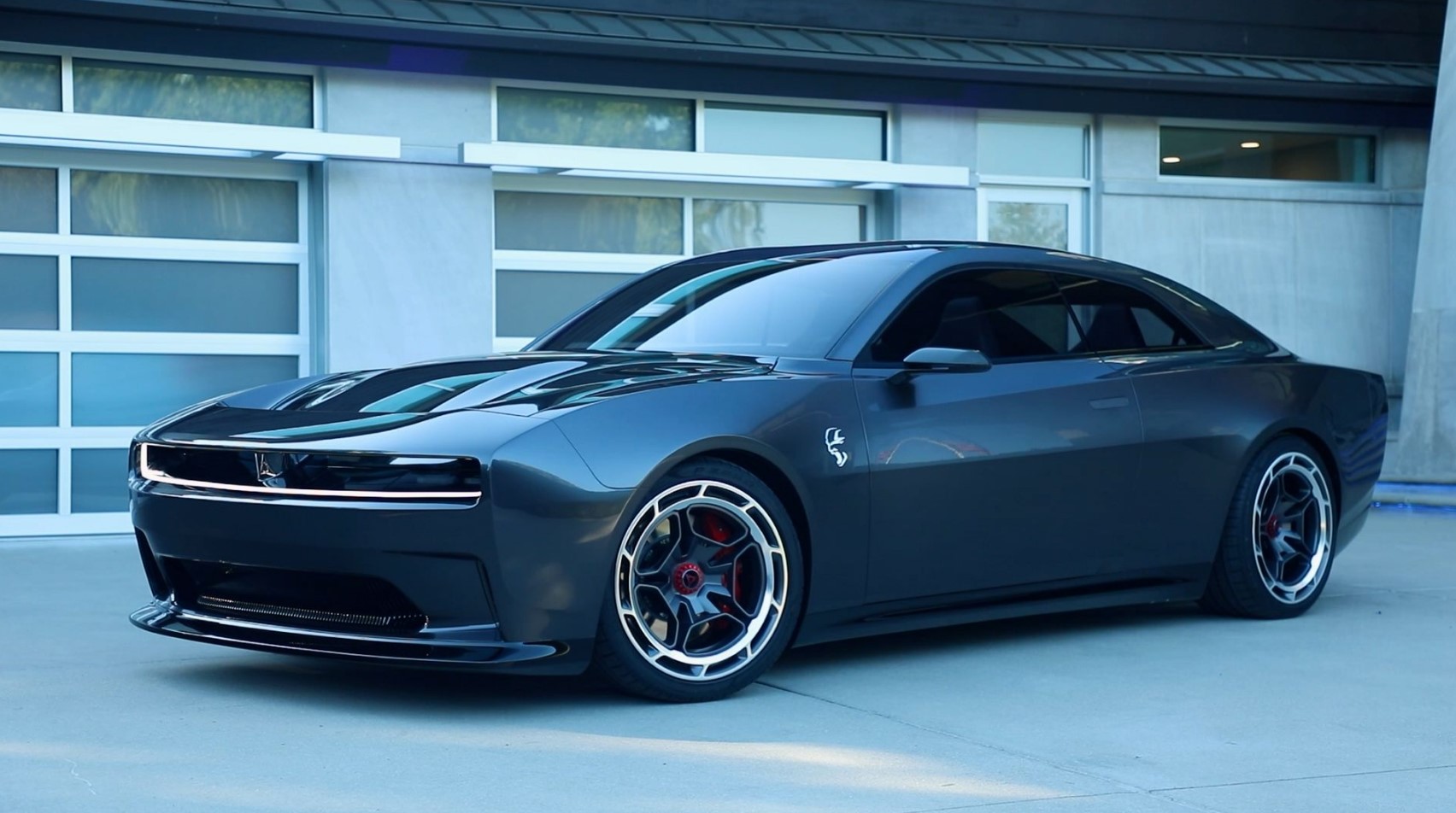
What is an Electric Vehicle?
An electric vehicle is a car that uses electric motors for power. This means they run on electricity you get from charging the car, not from filling it up with gas.
1. All About Electric Power
- Electric Motors: These motors make the car go using electricity, not gas. This is what makes an EV run.
- Battery Pack: This is like a big power box inside the car. It stores the electricity that the car needs to move. You can charge this battery just like your phone.
2. No Gas Means No Pollution
- EVs don't make smoke or pollution because they don't use gas. They are really good for our planet because they help keep the air clean.
3. Super Quiet and Smooth
- Driving an EV is really quiet and smooth. They can also go fast very quickly, which can be a lot of fun!
4. Charging is Key
- Instead of going to a gas station, you charge an EV. You can do this at home or at special charging places. It's like giving your car a big drink of electricity!
5. Saving Energy While Stopping
- EVs use a cool trick when you stop or slow down. They can take some of the energy that's usually lost and put it back into the battery. This helps them go farther on electric power.
6. Cheaper to Run
- EVs can save you money because electricity is often cheaper than gas. Also, they don't need oil changes or many of the other services gas cars need.
7. Lots of Choices
- There are many kinds of EVs now. Small ones, big ones, and even really fast ones! More choices mean more chances to find the perfect one for you.
8. Help from the Government
- In many places, the government will give you special benefits if you buy an EV. This might include saving money on taxes or getting to use special lanes on the road.
9. Good for the Earth
- EVs are better for our planet. They don't make pollution while driving. It's true that making and charging them can affect the environment, but overall, they are much better than gas cars.
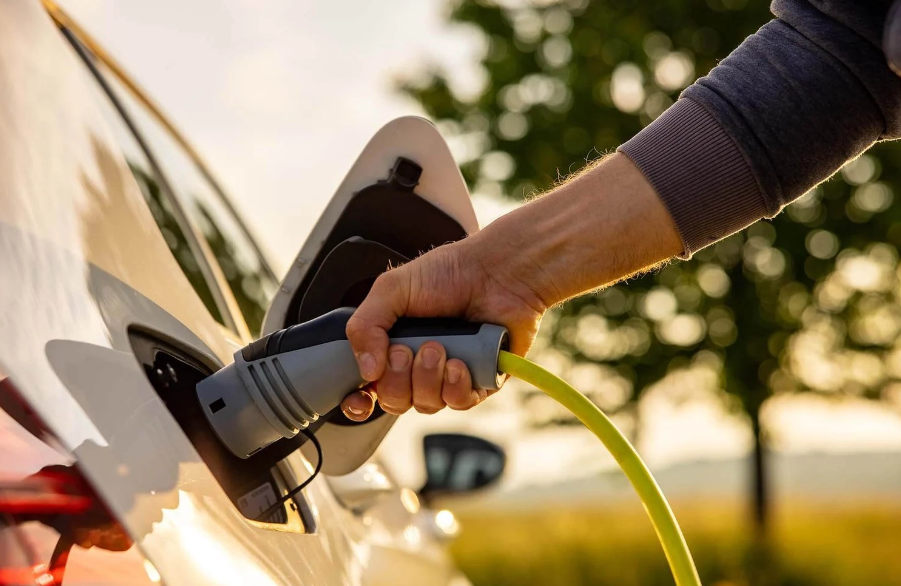
How Does an EV Work?
The battery in an electric car is connected to an electric motor. This electric motor is like the heart of the car. When you turn on the car and press the accelerator, electricity from the battery goes to the motor. This makes the motor spin, which turns the wheels and makes the car move forward or backward. Unlike cars that use gasoline, EVs are very quiet and don’t have exhaust pipes that release smoke.
To keep the car running, you need to charge the battery. You can do this at home with a special charger or at public charging stations. It's like filling up a gas car at a gas station, but instead of gas, you're filling your car with electricity. Charging can take a few hours, so some people do it overnight while they sleep.
Cars with an electric motor are good for the environment because they don't use gasoline and don't release harmful gases into the air. They can also be cheaper to operate because electricity can cost less than gasoline, and they usually need less maintenance since they have fewer moving parts than a gasoline car. Plus, driving an electric car can be fun because they can accelerate quickly and smoothly.
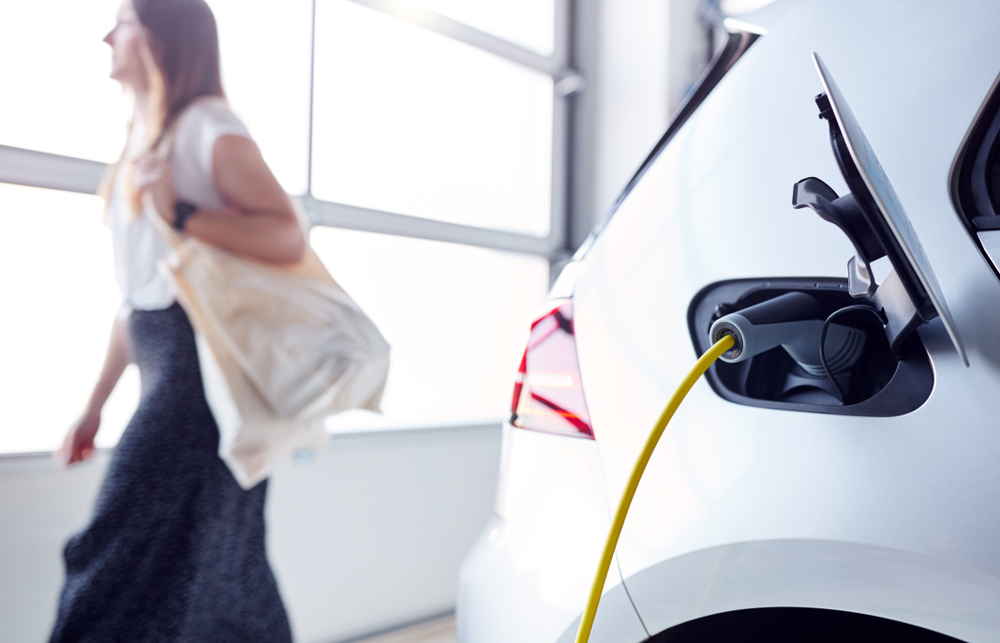
Electric Vehicles (EV): Simple and Low Maintenance
Electric vehicles are gaining popularity for their simplicity and lower maintenance requirements compared to gas-powered cars. With no internal combustion engine, there's no need for engine oil changes, spark plugs, or timing belts. However, it's crucial to take care of the battery, which involves periodic inspection, software updates, and following optimal charging habits.
Pros
- No gas needed: You'll never have to stop at a gas station again, just charge your car.
- Low operating costs: Electricity is often cheaper than gas, and EVs have fewer moving parts, which means less maintenance.
- Zero emissions: EVs produce no tailpipe emissions, so they're eco-friendly.
- Instant torque: Electric motors provide instant power, making EVs fun to drive.
Cons
- Limited range: EVs can't go as far as gas-powered cars on a single charge, but the range is improving with new models.
- Charging time: It takes longer to charge an EV than to fill up with gas.
- Charging infrastructure: Charging stations aren't as common as gas stations, but they're becoming more widespread.
- Higher upfront cost: EVs can be pricey, but there are tax incentives that might help.
Top Electric Vehicles of 2024: Explore the Latest EV Models
- Chevrolet Blazer EV
- Chevrolet Equinox EV
- Fisker Ocean
- Honda Prologue
- Hyundai IONIQ 5 n
- Tesla Model Y
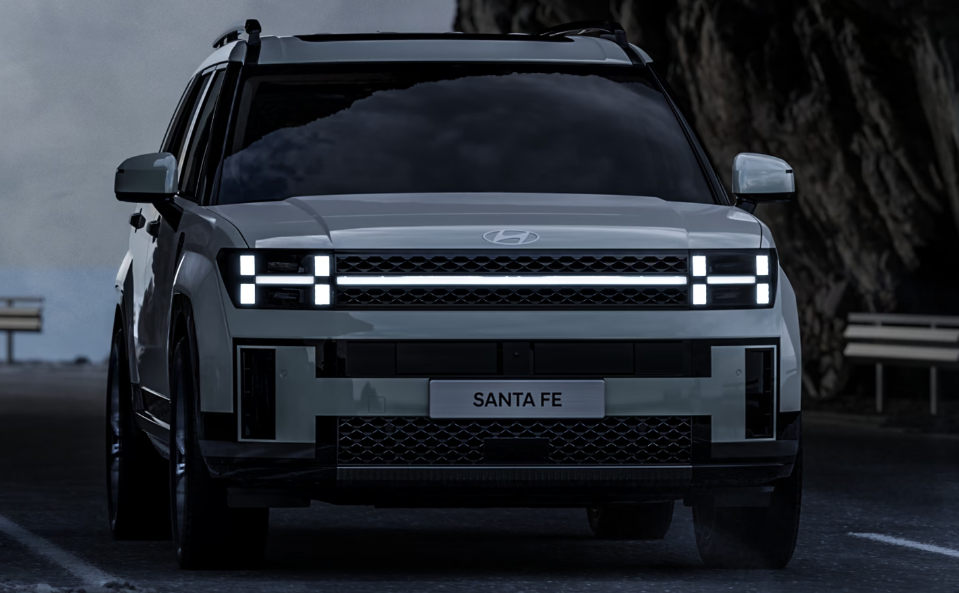
What is A Plug in Hybrid?
A plug-in hybrid is a car that you can fill up with gas and also charge up with electricity. It’s like having two kinds of cars in one!
1. Two Ways to Drive:
- Electric Motor: This car has an electric motor that uses electricity to move. When it's using this, the car is super quiet and doesn't need gas. That’s great for your wallet and the air we breathe.
- Gasoline Engine: It also has a regular engine like other cars. When the battery runs out, this engine starts working. So, you can go on long trips without worrying about finding a place to charge.
2. Plug In to Charge:
- You can charge the car’s battery at home or at a charging station. It's easy - just like plugging in your phone!
3. Save Money with Fuel Economy:
- Plug-in hybrids are great for saving money on gas. Because they use electricity for short trips, you don’t have to buy as much gas. This makes these cars really good for your budget.
4. Go Far with Electric Range:
- The electric part of the car lets you drive a good distance without using any gas. This is called electric range. After the electric range is used up, the car switches to gas, so you can keep going.
5. Good for the Planet:
- By using less gas, these cars help keep the air clean. Less gas means less pollution, which is better for our Earth.

Plug-in Hybrid Electric Vehicles (PHEVs): The Best of Both Worlds
Plug in hybrid electric vehicles, or PHEVs, are pretty cool because they're like a mix of an electric car and a regular gas car. They have an electric motor and a big battery, just like electric cars, but they also have a gas engine like normal cars. This combo lets you drive on just electricity for a short distance, like when you're running errands in town. Once the battery runs low, the car switches to using the gas engine, so you don't have to worry about running out of power on longer trips.
Now, because plug in hybrid electric vehicles have both electric and gas parts, they need a bit of extra care to keep them running smoothly. Just like a regular car, you need to change the engine oil and transmission fluid. These are like the lifeblood of the vehicle, keeping everything running without overheating or getting clogged up. You also have to look after the cooling system, which helps keep the plug in hybrid engine from getting too hot.
But don't forget about the electric side of things! The battery needs to be checked to make sure it's healthy and holding a charge properly. Then there's the usual stuff like taking care of your tires, making sure they're not worn out and have enough air, and checking the brakes to make sure they're working well and can stop the car safely. It might sound like a lot, but taking good care of your plug in hybrid means it'll run better and last longer, which is great for both your wallet and the planet!
How Does a PHEV Work?
Electric Motor Powered by a Battery: The car has a battery that you can charge from home or a charging station. When the battery is full, the car can drive a certain distance using only electric power. This is great for short trips and helps you save gas, which is good for both your wallet and the environment.
- Gasoline Engine for Longer Drives: When the battery's power runs low, the car automatically switches to use its gasoline engine. This means you can keep driving without stopping to charge the battery. It's perfect for longer trips.
- Best of Both Worlds: The car combines the fuel economy of electric vehicles with the long driving range of gas vehicles. When you're using the electric motor, you don't use any gas, which saves you money. And you have the peace of mind knowing you can switch to gas for longer drives.
- Automatic Switching: You don’t have to do anything to switch between electric and gas power. The car does it all by itself. This makes driving a plug-in hybrid really easy and convenient.
By using a plug-in hybrid vehicle, you get to enjoy the benefits of both battery power and gas. You can drive with electric range for everyday trips and switch to gas for longer journeys, which makes it a flexible choice for all kinds of drivers.
Pros
- Extended electric range: PHEVs have a longer electric-only range compared to traditional hybrids, typically 20-50 miles.
- Flexibility: You can use electric power for shorter trips and rely on the gas engine for longer distances, reducing overall fuel consumption.
- Charging options: You can recharge the battery using an electrical outlet or charging station, or rely on the gas engine for recharging.
- Lower emissions: PHEVs produce fewer emissions compared to traditional gas-powered vehicles.
Cons
- Higher upfront cost: PHEVs can be more expensive than traditional hybrids and regular gas-powered vehicles.
- Charging infrastructure: Depending on your location, charging stations may not be widely available.
- Limited all-electric range: While better than traditional hybrids, the all-electric range of PHEVs is still limited compared to pure EVs.
- More maintenance: PHEVs have both an internal combustion engine and electric components, requiring more maintenance than pure EVs.
Top Plug-In Hybrid Models of 2024: Balancing Electric Range and Fuel Economy
- Audi Q5 PHEV
- BMW X3 PHEV
- Kia Sportage
- Volvo XC90 PHEV
- Kia Sorento PHEV

What is A Traditional Hybrid Car?
A traditional hybrid vehicle is a car that combines a regular gasoline engine with an electric motor. This mix means you get to enjoy the best parts of both kinds of cars.
1. Two Power Sources:
- Gasoline Engine: Like most cars, hybrids have a gasoline engine. This engine works just like in any other car.
- Electric Motor: This is where the electric range comes in. The motor uses battery power to help the car move. This battery doesn't need a plug to charge; the car does it all by itself!
2. Working Together for Better Fuel Economy:
- The car knows how to switch between the gasoline engine and the electric motor. It picks the best one for the situation, which helps you save gas.
- In the city, the car might just use the electric motor, which is quiet and clean. On the highway, it might use both or just the gasoline engine.
3. Smart Charging with Regenerative Braking:
- Hybrids use a cool trick to charge their batteries. When you slow down or stop, the car takes some of that energy and uses it to charge the battery. It's like recycling energy!
4. Great Fuel Economy and Less Pollution:
- Because hybrids use electric power sometimes, they use less gas. This means you get to save money on fuel.
- Less gas also means the car makes less pollution, which is great for our planet.
5. No Plugging In Needed:
- You don’t have to plug in a traditional hybrid. The car charges its own battery when you drive and brake.
6. Perfect for Any Kind of Driving:
- Whether you’re driving in the city or on long road trips, hybrids work great. They give you good fuel economy and make the most of their battery power.
Traditional Hybrids: Efficient and Self-Charging
A traditional hybrid uses a gas engine and an electric motor to power the car, with a smaller battery pack compared to a plug in electric car. They recharge their batteries through regenerative braking and the gas engine, so there's no need to plug them in. Maintenance tasks for traditional hybrid vehicles include engine oil changes, transmission fluid changes, and cooling system maintenance for both the gas and electric components. Battery health and maintenance are still essential but may be less critical due to the smaller battery pack size.
Pros
- Better gas mileage: Hybrids use both a gas engine and an electric motor, helping you save on fuel costs.
- Environmentally friendly: They produce less pollution than regular gas-powered cars.
- Regenerative braking: When you brake, hybrids use that energy to help recharge the battery.
- Widely available: There are many hybrid models to choose from.
Cons
- Limited electric-only range: You can't go far on just the electric motor; eventually, the gas engine will kick in.
- Higher upfront cost: They can be more expensive than regular gas-powered cars, but you might save on fuel in the long run.
- Battery replacement: The battery might need replacing after some years, which can be costly.
- More maintenance than EVs: While hybrids generally require less maintenance than conventional cars, they still require more maintenance than pure EVs.
2024's Top Traditional Hybrid Cars: Models You Should Know
- Toyota Camry Hybrid
- Toyota Prius
- Toyota RAV4
- Toyota Sienna

Which One is Right for You?
When choosing between an EV, PHEV, or hybrid, it's essential to consider factors such as your driving habits, access to charging infrastructure, maintenance preferences, and budget. Each vehicle type has its own set of advantages and drawbacks, making it crucial to assess them according to your individual needs and priorities.
EVs boast lower maintenance requirements and zero-emission driving, but some areas may have limited access to charging stations. On the other hand, PHEVs and traditional hybrids offer the flexibility of a gas engine for an extended range, although their more complex drivetrains lead to increased maintenance demands.
Regardless of the vehicle type you select, it's vital to follow the manufacturer's maintenance recommendations as outlined in the owner's manual. Regular maintenance ensures your vehicle remains in optimal condition, delivering reliable performance. At Kunes Auto Group, we're dedicated to helping you find the ideal eco-friendly vehicle that aligns with your lifestyle.
Visit us today to explore our diverse selection of EVs, PHEVs, and hybrids tailored to meet your needs.



